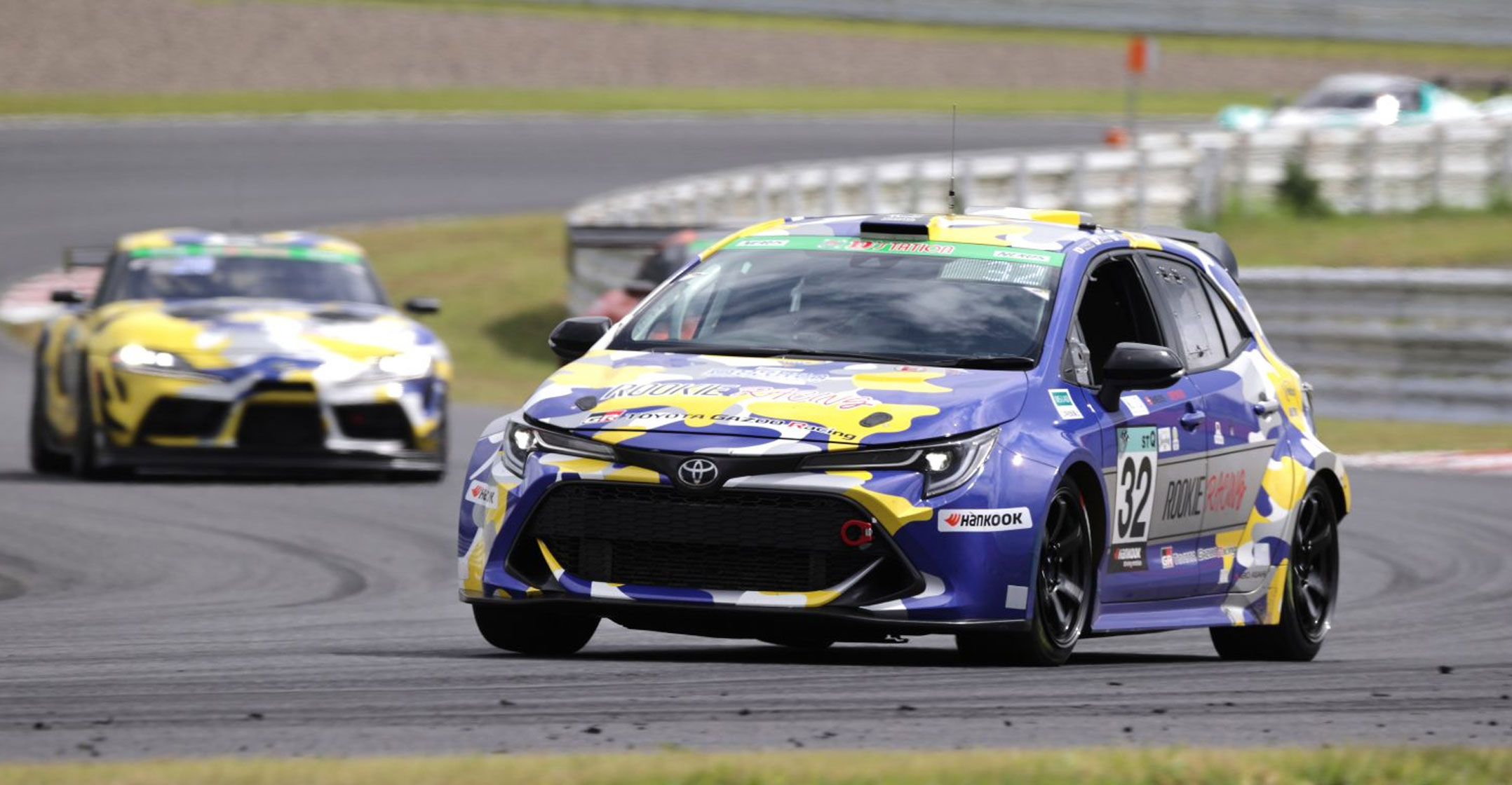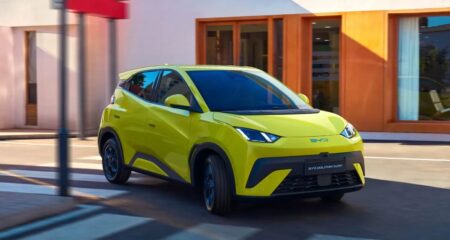
BMW plans to start selling hydrogen-powered vehicles in four years’ time in a bid to establish the technology as an alternative to battery-electric cars.
The German luxury car maker will develop a new generation of fuel-cell powertrains with partner Toyota, it said Thursday. Series production will start in 2028, with a hydrogen variant of an existing BMW model available that year.
While BMW has for years pursued the technology, cars with a fuel cell are struggling to take off because of high costs and a lack of fueling infrastructure. There’s also very little choice, with Toyota’s Mirai and Hyundai’s Nexo among the few models available. Global sales of hydrogen cars declined to just 9 000 units last year.
Proponents of fuel cells point to long driving ranges and argue the technology can prove effective in regions where battery-charging infrastructure isn’t strong enough to support a transition to EVs. They burn hydrogen to produce electricity and emit only water.
BMW and Toyota plan to make hydrogen powertrains together for use in models from both car makers. They expect that joint development and parts procurement will help drive down costs and make the technology more competitive. BMW declined to comment on prices for its future hydrogen cars.
Neue Klasse line
BMW has operated a small test fleet of hydrogen-powered iX5 sport utility vehicles since 2023. CEO Oliver Zipse has previously said that hydrogen drives might be an option for BMW’s Neue Klasse line of EVs due to launch next year.
“We are convinced that hydrogen will play a more important role in the future,” Michael Rath, who heads BMW’s hydrogen vehicle programme, told reporters during a call on Thursday. — Wilfried Eckl-Dorna and Nicholas Takahashi, (c) 2024 Bloomberg LP




